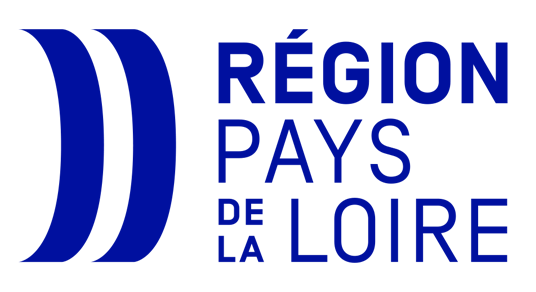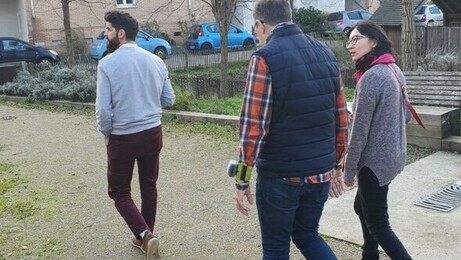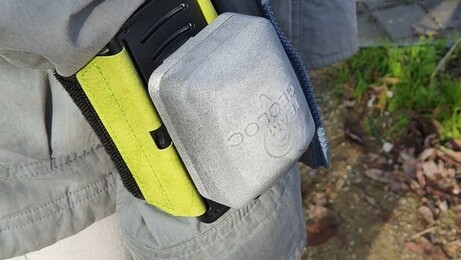A collaborative laboratory
The team of the Geoloc Laboratory of the Gustave Eiffel University has partnered with the company Okeenea Digital in inmob, a "LabCom" dedicated to the mobility of people with disabilities. "LabCom" is a project launched several years ago by the French National Research Agency to promote connections between SMEs and universities. The LabCom is supported by the Region Pays de Loire thanks to its Program "Trajectoire Nationale".
A need to integrate individual mobility profiles at the heart of the development of mobility solutions
Access to precise geolocation on smartphones is globally considered as a convenience by mobility service operators. However, in 2020, no geolocation solution meets the needs of people with disabilities (PWD). There is a lack of sufficient precision in calculating coordinates in real-time, in all locations and continuously, throughout the multimodal chain. The development of self-contained geolocation technology is not yet sufficiently advanced to allow good market penetration and improve industrial competitiveness. Scientific approaches are not based on individual modelling that would allow customizing the algorithms according to the typology of disabilities. This evolution requires the construction of a large database of signals recorded by the PWD smartphone to learn the models with artificial intelligence (AI). We also note that the human/machine interfaces of smartphone applications are not adjusted to embed the disability profile. Finally, the lack of geolocation algorithms that can be efficient on less powerful smartphones is an additional difficulty.
Imagine and develop a navigation system adapted to disabilities
In this context, the inmob LabCom is a unique opportunity to create and pool theoretical and experimental skills and know-how to meet these challenges and address the needs of new mobility services. The LabCom is based on two entities with a strong experience in positioning and navigation of people. The first entity is the Geoloc laboratory at the Gustave Eiffel University, which owns recognized expertise in the design and programming of beaconless geolocalization algorithms with original research equipment. The second one is Okeenea Digital, an innovative company from the 26 years old Okeenea group specialized in the design and supply of accessibility solutions to improve the mobility of PWD. The LabCom's research and innovation program relies on Okeenea users’ community and Geoloc's facilities to carry out experiments in real-life mobility conditions for collecting large AI databases. They will be used to build personalized locomotion models related to each type of disability and virtual landmarks. These models are stored in inertial maps. The later will improve the relative accuracy of positioning, whereas absolute accuracy will be improved by the use of virtual landmarks related to points of interest along the journey (lift, doors, ...) or specific motion patterns. The algorithms will be validated first in controlled environments and then in real-life conditions. The development strategy starts with Geoloc's research equipment before moving to smartphones of different brands. A final objective is to improve the user experience with customized application interfaces for guidance applications.






